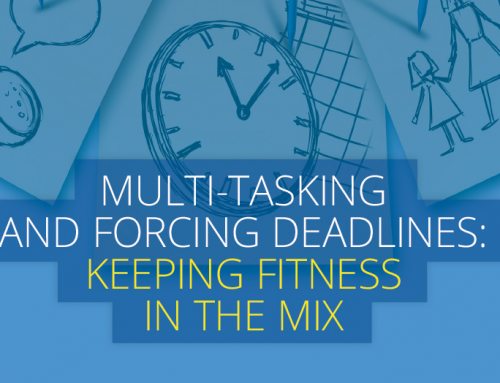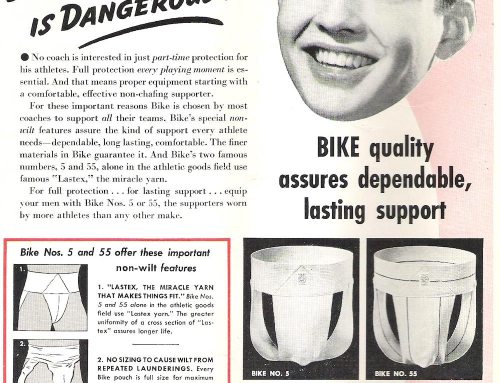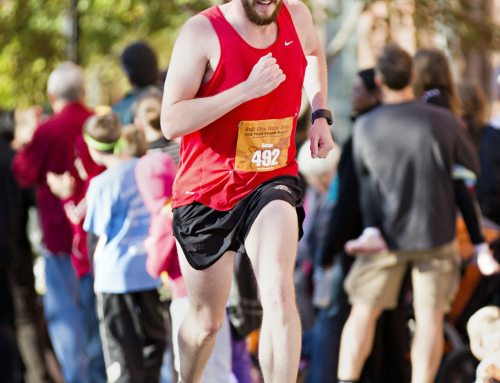By Sage Rountree
You’ve just finished your first big endurance event. In the following days or weeks, the feeling of being invincible and fully capable fades, leaving you wondering what comes next. Given the diligent preparation we make as we build to a race, it can be surprising to feel cast adrift so soon afterward. What happened to all that commitment? What happened to the sense of single-minded purpose and consistency? In this postpartum period, you might feel unanchored and unsure what to do about it. It’s time to set some new goals based on what you’ve learned in the preceding cycle.
THINK IT THROUGH
Setting appropriate goals will help you avoid this post-event burnout and stay on track to make training a healthy part of your life. This takes some consideration and self-study. A solitary swim, ride, run, or hike is a nice time to think through this exercise. If you’re a journal writer, you can make notes when you get back home.
First, give some thought to the reasons you committed to the event in the first place. Were you dared to do it? Were you trying to prove something to yourself—or to someone else? Were you eager to wear the finisher’s shirt? Were you looking for a challenge? Were you aiming to lose weight or lower your cholesterol? As you note your list of reasons, tag them as external or internal motivations.
Next, think about how your perspective on training shifted over the course of your preparation for your event. Did your reasons for training remain the same? Or did something change? If so, how, and was that shift from external to internal, or vice versa? For example, did you begin your training out of a sense of challenge after being encouraged by a friend, and did you find along the way that you loved the way you felt postworkout?
Finally, reflect on whether you personally respond better to external or internal motivation. If both work for you, in what ratio will they most encourage you? What will it take to keep you on track and to make fitness a regular part of your life? The answer will be completely individual.
SET YOUR GOALS
Use your newfound self-awareness to set your goals. If you respond well to having a race to build toward, choose one or a series to commit to. If you do better outside of competition, you might aim to log five workouts a week. What’s important is that these goals come from you and that they are suited to your own needs and psychology.
Be sure your goals are SMART—specific, measurable, attainable, realistic, and time-specific. Make them something you can clearly define and reasonably achieve. As you form these goals, you’ll start to see how you can best structure a support network to help you reach them.
Don’t let your focus be exclusively on a single endpoint, though. Instead, be sure that there are many smaller, supporting goals that will help you enjoy the entire process rather than narrowmindedly zooming in on only the pinnacle goal. The journey must be as important as the destination.
LINE UP SUPPORT
If you find that you respond better to external motivation, seek a group to train with. An obligation to show up for and keep up with a group will be a powerful motivator—as, of course, will group members and your own sense of pride. This is also a useful way to get faster. Accountability is priceless, whether it is to a group, a training partner, or a coach.
On the other hand, if your internal motivation is strong, you may not have a problem continuing your program. Your problem, in fact, may be in maintaining a balance between training and life to keep your exercise in its proper place as a healthy habit, not an obsession. A trusted friend or coach can give you valuable feedback here, helping you maintain a training program that supports you as a person rather than wearing you down.
Ultimately, you’ll find that the overarching, most important goal is to be a balanced, healthy athlete. This balance comes from setting appropriate targets, focusing more on the process than the outcome, and using your sport as one element of your fit life.
# # #
Sage Rountree (www.sagerountree.com) is a yoga teacher, endurance sports coach, and author of The Athlete’s Guide to Yoga, among other works. She co-owns the Carrboro Yoga Company (www.mycyco.com).





